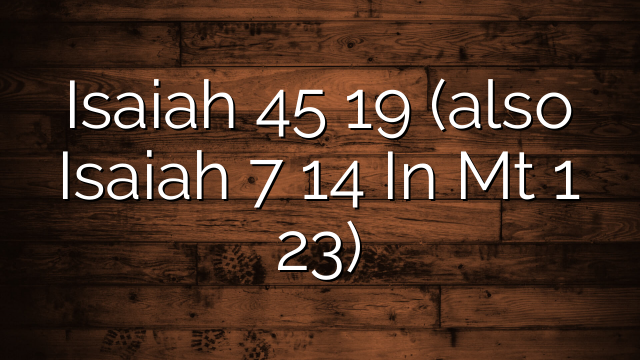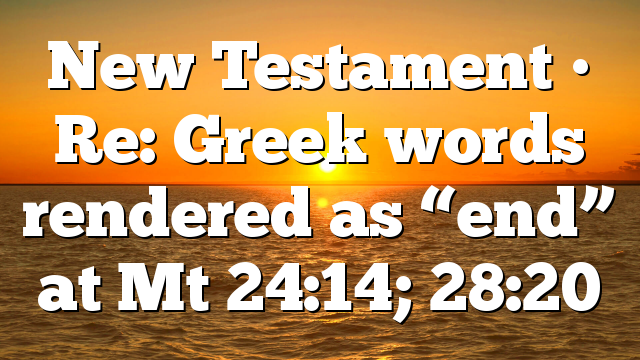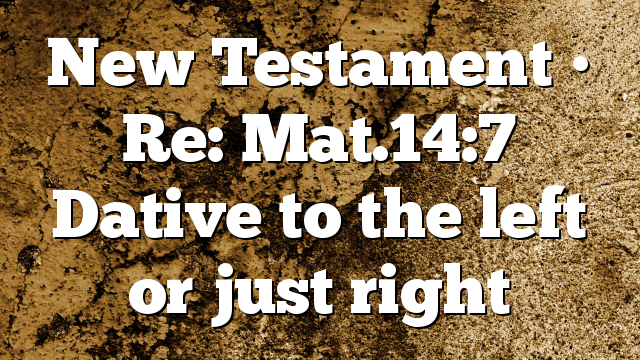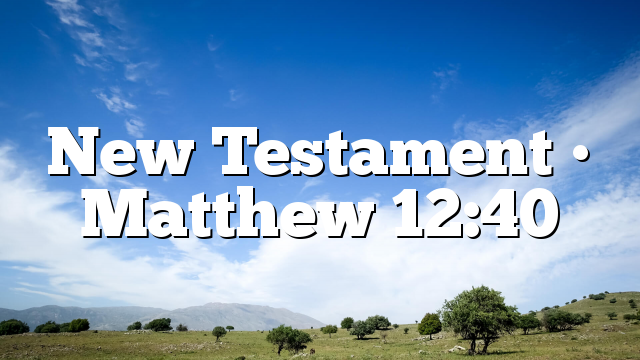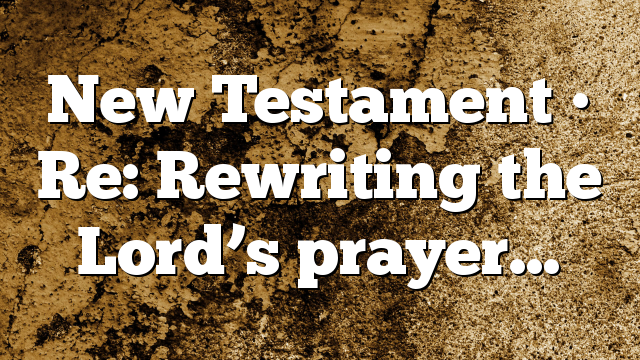Vladislav Kotenko wrote:Hello,
Could anyone please tell me whether there is a difference between Greek words τέλος (tel’-os) and συντελείας (soon-tel’-i-ah) used at Matthew 24:14 and 28:20 respectively? Can they refer to the same thing? Do they have the same derivation?
Kind regards,
Vlad Kotenko
If you are asking whether τὸ τέλος and ἡ συντελεία τοῦ αἰῶνος in Matthew 24:14 and 28:20 respectively refer to the same point of time prophetically, the simple answer is yes. τὸ τέλος and ἡ συντελεία τοῦ αἰῶνος are used interchangeably in vv. 3, 6 and 14 in Matthew 24. Since ἡ συντελεία τοῦ αἰῶνος has a uniform meaning throughout the New Testament, we have the equation τὸ τέλος in Matthew 24:14 = ἡ συντελεία τοῦ αἰῶνος in Matthew 28:20.
However, τέλος in the NT is not always identical with ἡ συντελεία τοῦ αἰῶνος , even in a prophetic context. Mt. 24:13-14 reads
13ὁ δὲ ὑπομείνας εἰς τέλος οὗτος σωθήσεται. 14καὶ κηρυχθήσεται τοῦτο τὸ εὐαγγέλιον τῆς βασιλείας ἐν ὅλῃ τῇ οἰκουμένῃ εἰς μαρτύριον πᾶσιν τοῖς ἔθνεσιν, καὶ τότε ἥξει τὸ τέλος.
The second τέλος is the equivalent of ἡ συντελεία τοῦ αἰῶνος but the first τέλος is not. It rather refers to the end of the earthly life of each believer (cf. John 13:1: Πρὸ δὲ τῆς ἑορτῆς τοῦ πάσχα εἰδὼς ὁ Ἰησοῦς ὅτι ἦλθεν αὐτοῦ ἡ ὥρα ἵνα μεταβῇ ἐκ τοῦ κόσμου τούτου πρὸς τὸν πατέρα, ἀγαπήσας τοὺς ἰδίους τοὺς ἐν τῷ κόσμῳ εἰς τέλος ἠγάπησεν αὐτούς, where τέλος refers to the end of Jesus’ earthly life).
Statistics: Posted by leonardjayawardena — July 7th, 2014, 12:48 am











